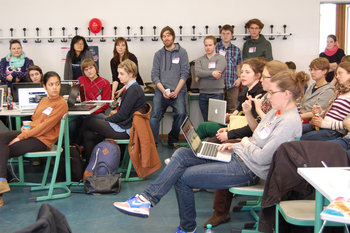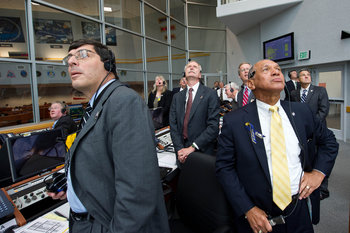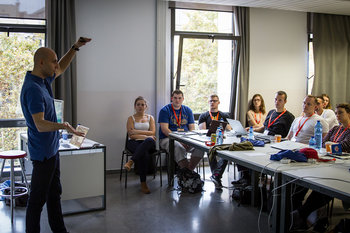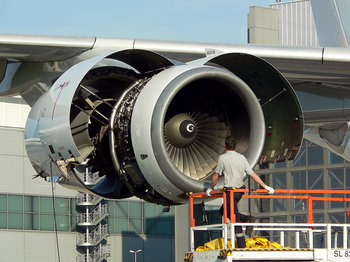
Motivation
The degree to which an employee directs energy towards their work.Professionalism
Employees who adhere to the norms of a profession and organization.Diligence
The care with which an employee executes their responsibilities. For example, a careful investigation of a problem as opposed to jumping to conclusions.Engagement
The degree to which the employee contributes to things. For example, an employee who drives a meeting as opposed to quietly daydreaming.Respect for the Customer
The degree to which the employee strictly affords the customer respect, even in difficult situations. Some employees will deal with difficult customers with grace and composure. Others will direct negativity towards the customer for the slightest perceived wrong.Passive Aggression
Destructive behavior that technically remains within the rules.Candor
A candid employee who says what they think. Alternatively, an employee may avoid expressing honest opinions with all communication carefully crafted to avoid saying anything that could be criticized.Personal Resilience
The ability to endure stress without loss of composure or motivation. Some employees will overreact to the slightest stress or perceived disrespect. Others will push through the most stressful of situations and remain productive and professional.Change Agents
Employees who embrace and create change.Resistance to Change
Employees who value stability and resist aggressive programs of change.Risk Taking
Willingness to take professional and business risks.Manageability
The ease with which an employee accepts direction. Some unmanageable employees produce a great deal of value and are therefore confident to go their own way.Creativity
An employee who is willing to pursue brave ideas. Some employees will not say anything unless they believe it is completely conventional and widely accepted.Competition
The motivation to outcompete the employee's professional and business competition.Abundance Mentality
Employees who view business as win-win such that are willing to cooperate and build up others. Employees who view everything as win-lose may be willing to destroy value to get a bigger piece of the pie.Leadership
The ability of an employee to get people moving in the same direction towards common goals.Notes
There is no ideal employee behavior. For example, an employee who is resistant to change may be diligent in their work while an employee who embraces change may lack interest in details. That being said, certain types of behavior may be critical to a role. For example, personal resilience and respect for the customer are crucial talents for a customer service position.| Overview: Employee Behavior | ||
Type | ||
Definition | The way that an employee conducts themselves at work. | |
Related Concepts | ||































